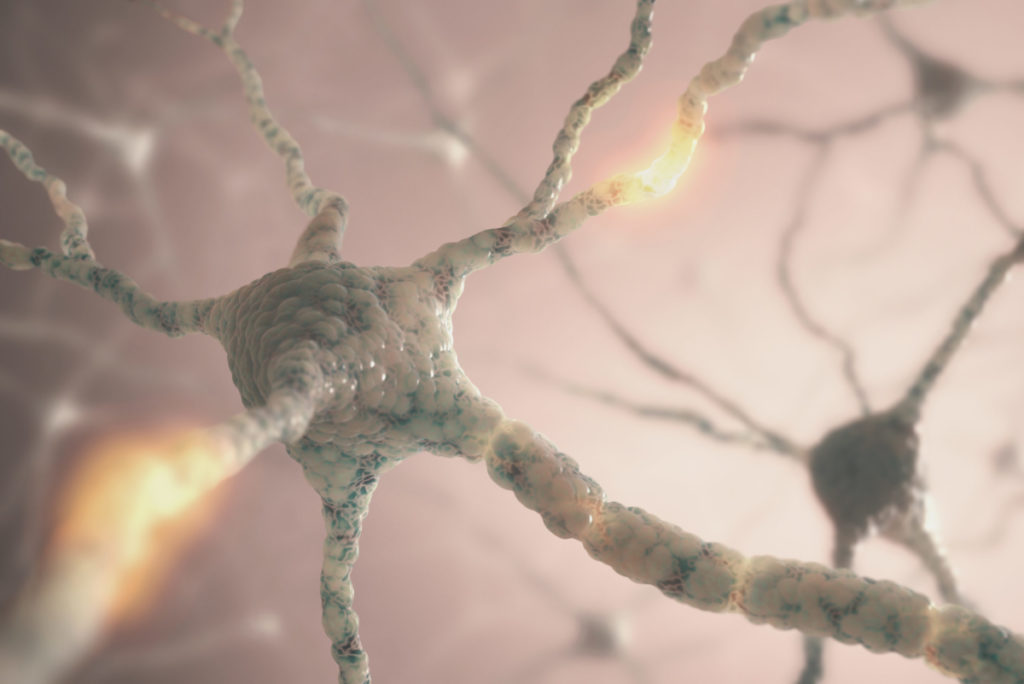Researchers at the Institute of Psychiatry, Psychology & Neuroscience (IoPPN) at King’s College London have found that a blood test could aid in the early detection of Alzheimer’s disease up to three and a half years before diagnosis.
The researchers found that factors in the blood can potentially predict the risk of developing the disease years before a clinical diagnosis is made.
Results of the study, published in the journal Brain, showed that the formation of new brain cells, or neurogenesis, in the hippocampus can be modified by elements in the blood.
Alzheimer’s affects neurogenesis in the hippocampus during the early stages of the disease. However, previous studies only looked at neurogenesis in the later stages of disease through autopsies.
According to the Alzheimer’s Association, more than 6 million people have Alzheimer’s disease in the US and 73 percent of them are over the age of 75.
Some Alzheimer’s patients start off by developing mild cognitive impairment (MCI), which is a condition that involves worsening memory or cognitive ability.
Among individuals diagnosed with MCI, ten to 15 percent of them progress to Alzheimer’s disease as observed in clinical studies and five to ten percent in population studies. However, not all people with MCI develop Alzheimer’s.
The early detection of Alzheimer’s disease is an intense area of study because early treatment interventions can delay the disease and offer the opportunity to participate in clinical trials.
Related: Leqembi (lecanemab) Granted Accelerated Approval by the FDA as Alzheimer’s Disease Treatment
Hippocampal neurogenesis has been shown to be sensitive to the systemic circulatory environment. The IoPPN researchers therefore set out to see whether blood from MCI patients could influence neurogenesis in in vitro models involving human brain cells.
To understand early changes, the investigators collected blood samples from 56 MCI patients over several years. Of the participants, 36 went on to develop Alzheimer’s disease — blood samples from these individuals were termed MCI converters versus samples from participants that remained cognitively stable were termed MCI non-converters.
They found that brain cells exposed to blood samples from MCI patients had decreased cell growth and division with an increase in programmed cell death (apoptosis). Interestingly, it also led to enhanced conversion of immature brain cells to hippocampal neurons. The reasons for the boost in neurogenesis remain unclear, but researchers speculate it may be an early compensating mechanism for neurodegeneration in those developing Alzheimer’s disease.
When the researchers only used older blood samples, i.e., collected furthest away in time from when the participants were diagnosed with Alzheimer’s disease, they found that changes in neurogenesis occurred 3.5 years before a clinical diagnosis.
The investigators were able to identify a panel of 15 proteins that discriminated MCI converters from MCI non-converters, which included interleukins and chemokines among others.
Sandrine Thuret, King’s IoPPN professor and the study’s lead author, explained that “Previous studies have shown that blood from young mice can have a rejuvenating effect on the cognition of older mice by improving hippocampal neurogenesis.”
“This gave us the idea of modelling the process of neurogenesis in a dish using human brain cells and human blood.”
“In our study, we aimed to use this model to understand the process of neurogenesis and to use changes in this process to predict Alzheimer’s disease and found the first evidence in humans that the body’s circulatory system can have an effect on the brain’s ability to form new cells.”
The researchers said these findings may help in further understanding changes in the brain at the earliest stages of Alzheimer’s disease. And ultimately this could lead to a test for the early detection of Alzheimer’s disease.
Dr. Edina Silajdžić, the study’s joint first author, said. “Our findings are extremely important, potentially allowing us to predict onset of Alzheimer’s early in a non-invasive fashion. This could complement other blood-based biomarkers that reflect the classical signs of the disease, such as the accumulation of amyloid and tau (the ‘flagship’ proteins of Alzheimer’s disease).”












Join or login to leave a comment
JOIN LOGIN